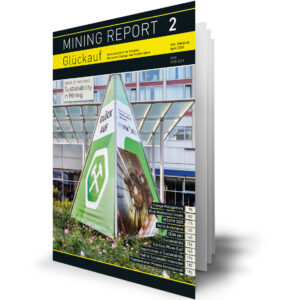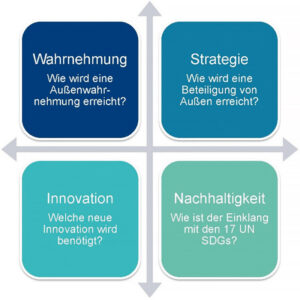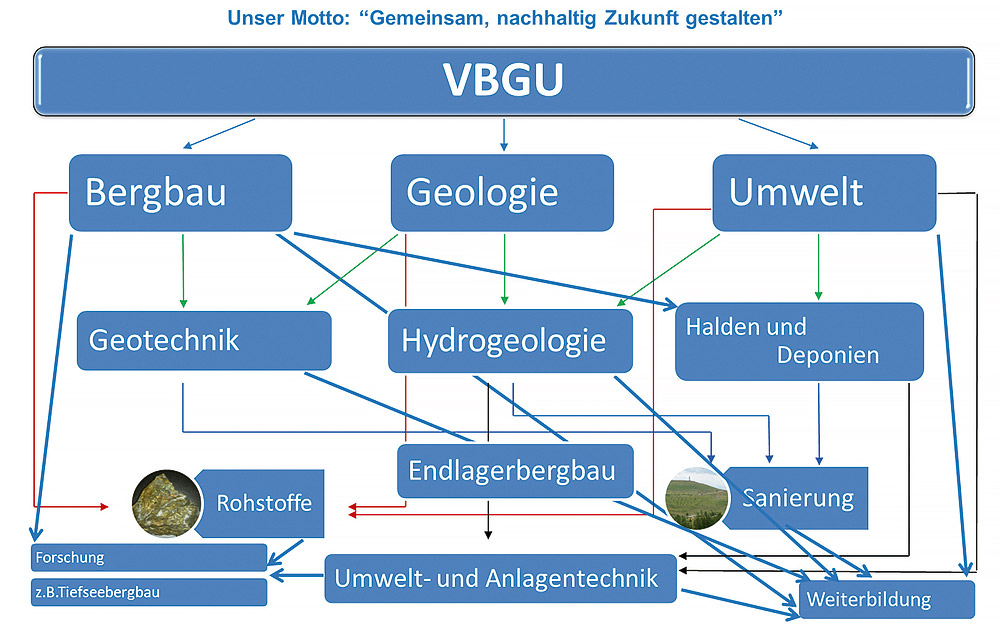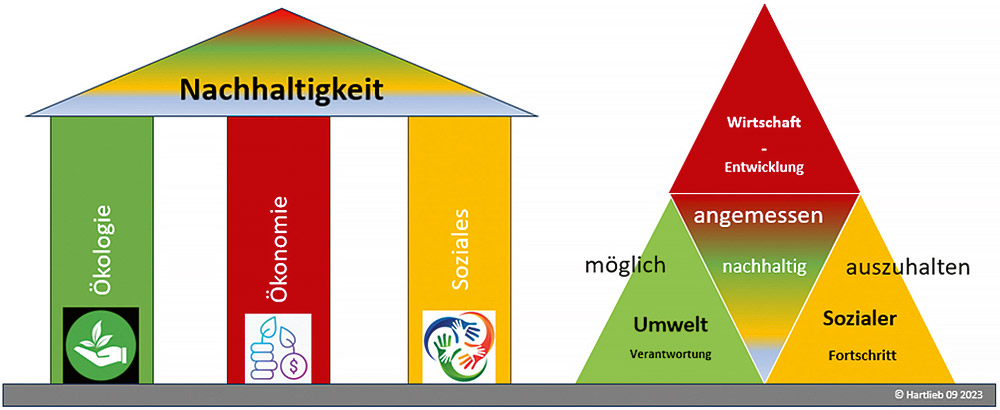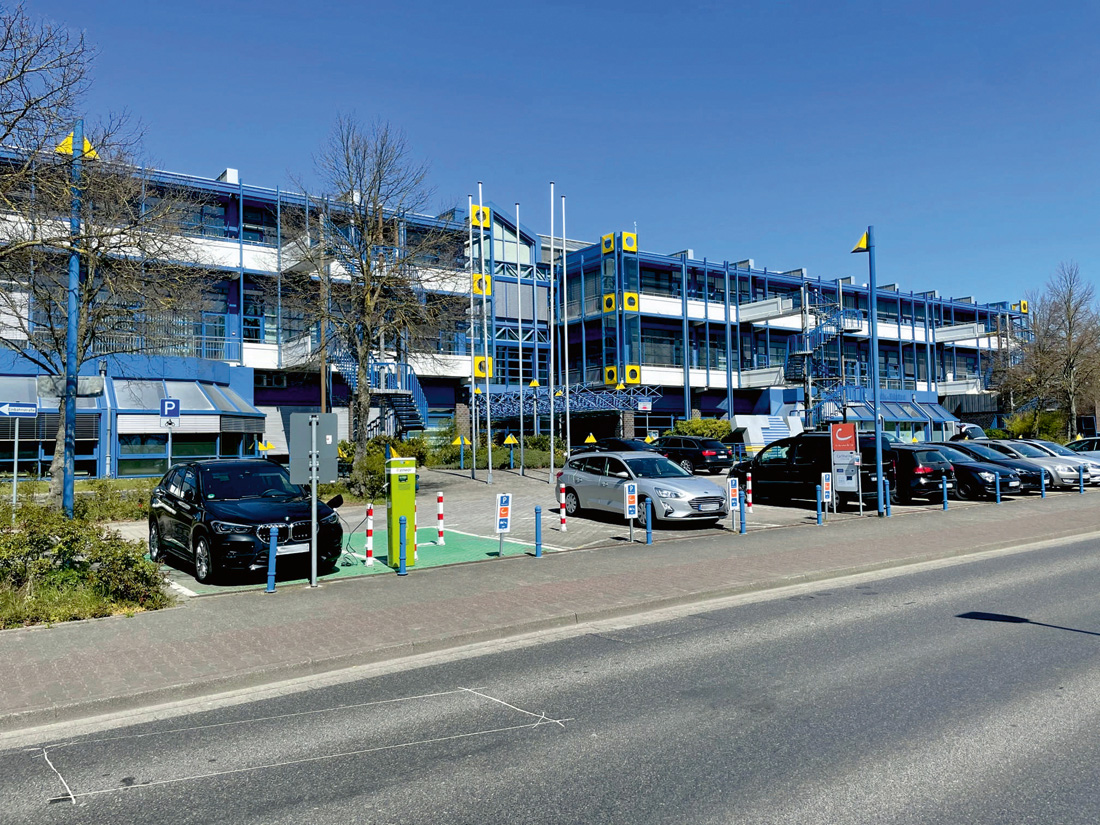Worldwide, but particularly in Germany, mining is caught between the conflicting demands of supplying industry and the population with mineral raw materials and ecological and social requirements. How to apply innovative technologies and processes for the sustainable extraction of minerals is therefore one of the greatest challenges facing this branch. Our latest issue of Mining Report Glückauf outlines some of the approaches being adopted in this area. Expansion plans for surface mining projects have increasingly stringent regulatory barriers to overcome …
Read moreWith my best regards // Mit freundlichem Glückauf
Dipl.-Ing. Andreas-Peter Sitte
Chief Editor Mining Report Glückauf, Essen
Change-Management in the Mining-Life-Cycle Needs Trust!
Trust is a valuable asset that must be built and maintained in scientific and technical projects. Especially in projects of the mining life cycle, which are due to the change of the social perception towards a circular value chain, trust is under special observation and has to be built up actively. The difficulties here lie in the transfer of the scientific-technical content in change management for the different target groups, which have different social as well as societal requirements. The transition from the exploration phase to the production phase or from the production phase to the post-mining phase …Authors: Prof. Dr. rer.nat. Tobias Rudolph, Prof. Dr.-Ing. Peter Goerke-Mallet, Prof. Dr. rer. nat. Christian Melchers, Forschungszentrum Nachbergbau (FZN), Technische Hochschule Georg Agricola (THGA), Bochum/Germany
Read moreRock Mechanical Issues of the Planned Opencast Mining Lakes
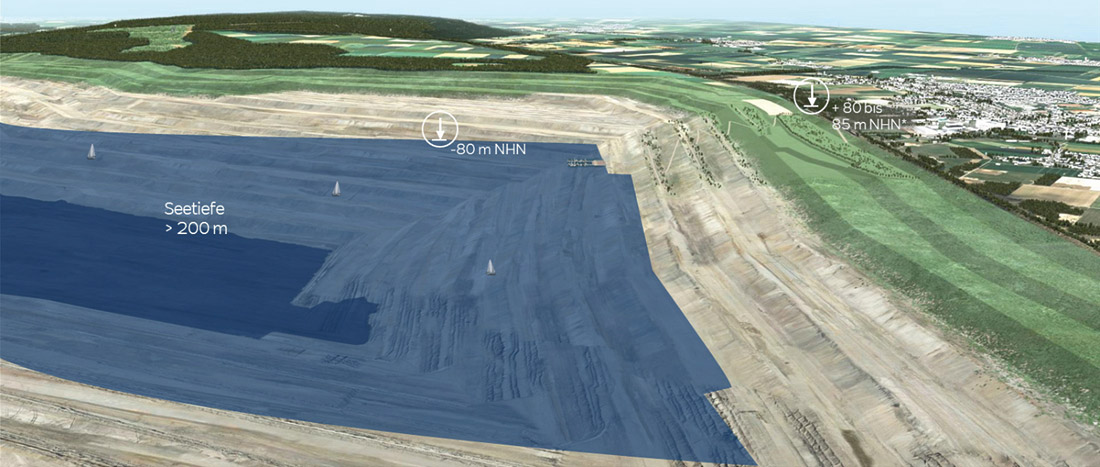
The construction of opencast mining lakes on a scale that has not yet been achieved anywhere in the world represents a complex task for the mining operator and the responsible authorities. Source: RWE Power AG
Author: Rbe Annika Mittmann M.Sc., Abteilung 6 Bergbau und Energie in NRW, Bezirksregierung Arnsberg, Standort Dortmund/Germany
Read moreWISSYM 2023
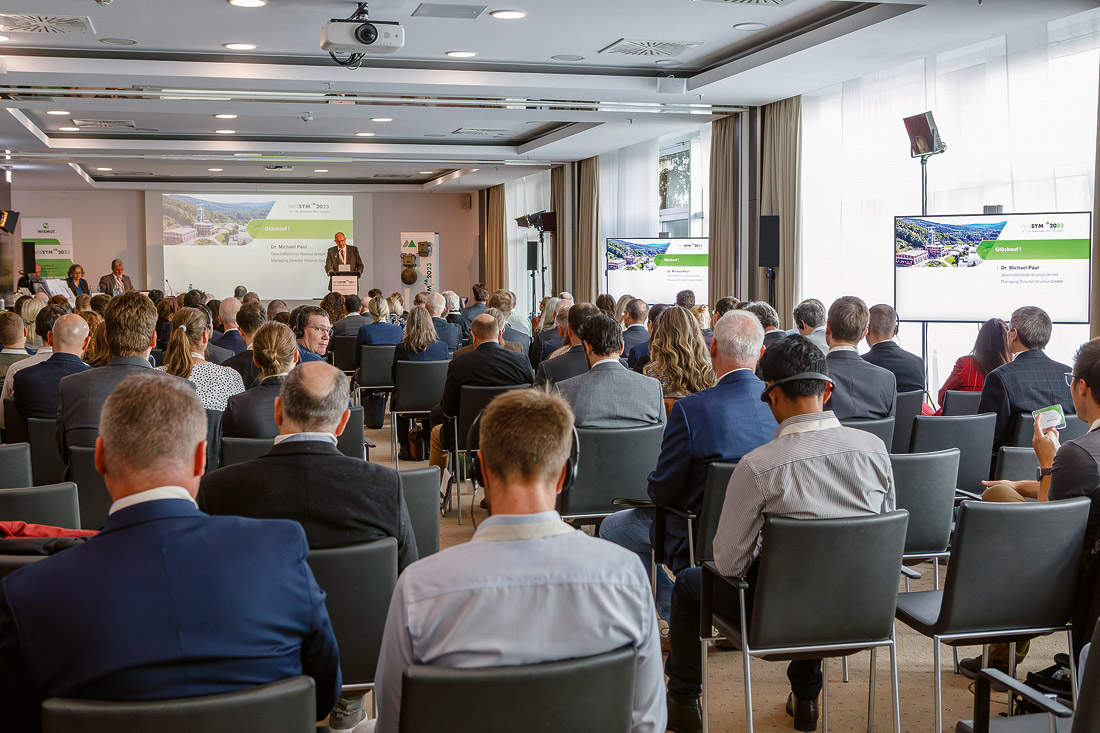
The WISSYM 2023 symposium took place with 200 participants from 15 countries in Dresden. Photo: Wismut
Author: Wismut GmbH, Chemnitz/Germany
Read moreSocial Acceptance of Mining and Remediation Projects – the Role of Associations/the VBGU
Awareness of raw materials and the acceptance of mining, remediation and industrial projects has become a key factor for society in Germany. For this reason, increased attention must be paid to this social acceptance. This concerns, among other things, the extraction of raw materials from near-surface raw materials, underground mining projects as well as remediation projects in old mines. Some of the options for achieving social acceptance are outlined in this article. Realisation often requires financial resources that exceed the potential of individual associations. In any case, the time factor is an essential framework condition for the realisation of projects …Author: Dipl.-Geol. Olaf Alisch, Geschäftsführer Verband Bergbau, Geologie und Umwelt e. V. (VBGU), Berlin/Germany
Read moreCertificate for a Better Future – CERA 4in1 Is the First Holistic Certification System for Sustainability in the Raw Materials Sector

CERA 4in1 offers a holistic certification solution that extends from the exploration of the deposit to the end product. Source: TÜV NORD CERT
Author: Dr. rer. nat. Andreas Hucke, TIC-Manager CERA 4in1, TÜV NORD CERT, Essen/Germany
Read moreSustainability – Climate Change, Raw Materials, Future
Sustainability requires concrete help from everyone to utilise existing resources in such a way that they are also available for future generations and the world remains liveable. There are differences in the way different age groups understand and implement the concept of sustainability. One study shows that Generation Z – born between 1995 and 2009 – has a greater interest in climate and environmental protection than many older people, while another study shows that young people are calling for sustainable, intergenerationally fair politics and economics. 60 % of young people are in favour of sustainable values such as environmental protection …Author: Dipl.-Ing. Peter von Hartlieb, Fachjournalist, Düsseldorf/Germany
Read moreWhy Is Coal Still Being Phased Out?
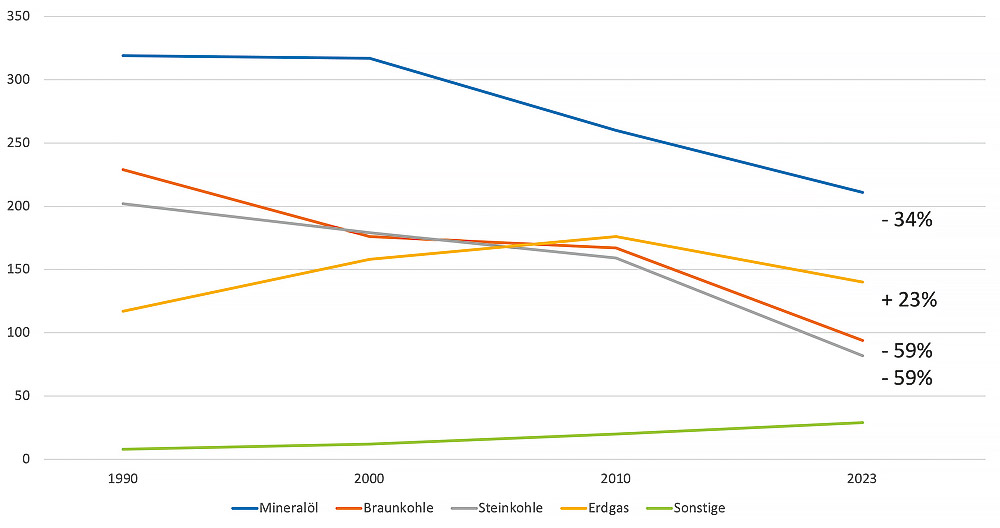
Energy-related CO2 emissions in Germany by energy source. Source: BMWK Energiedaten; für 2023 eigene vorläufige Hochrechnung auf Basis AGEB 2023
Author: Prof. Dr. rer. oec. Kai van de Loo, Forschungszentrum Nachbergbau (FZN), Technische Hochschule Georg Agricola (THGA), Bochum/Germany
Read moreThe Opportunities Offered by Sustainability
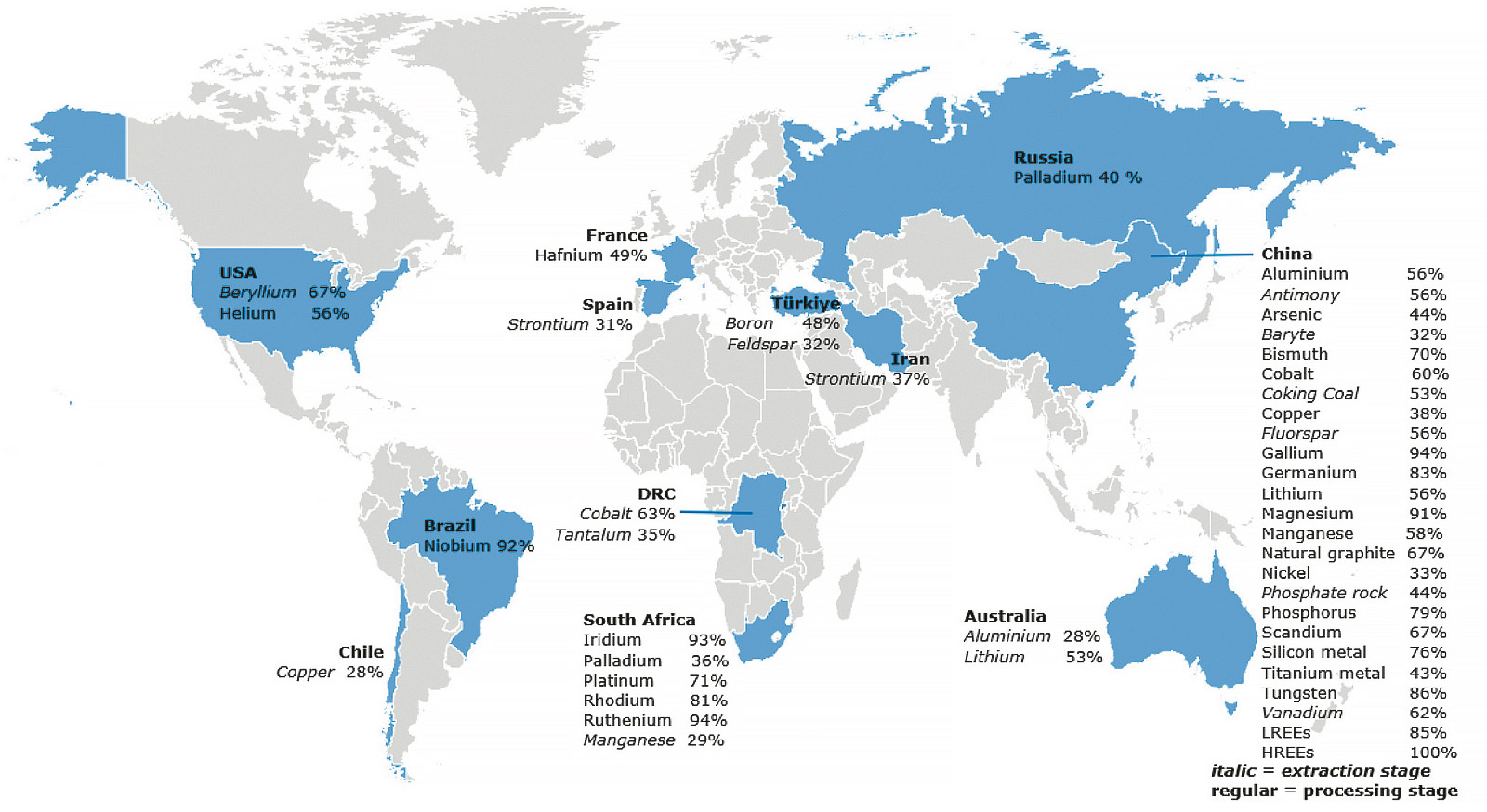
Countries accounting for largest share of global supply of critical raw materials. Source: Grohol, M.; Veeh, C. (2023): Study on the Critical Raw Materials for the EU 2023. European Union.
Authors: Detlef Gürtler M. A., GTAI Germany Trade & Invest
Read moreAnglo American’s Path to Sustainable Innovation
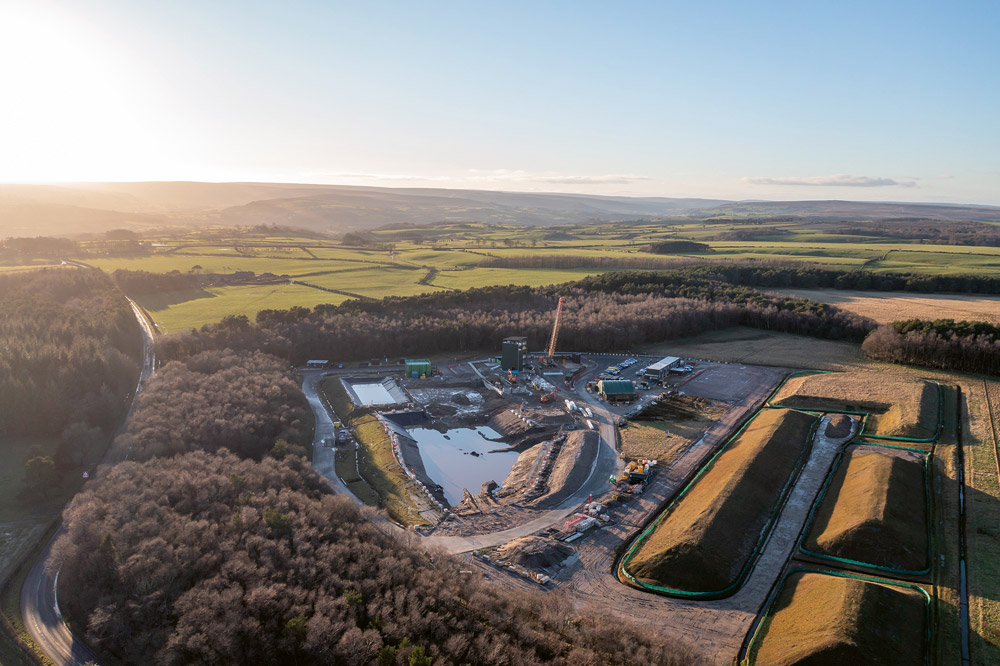
Anglo America is bringing the next generation of FutureSmart MiningTM to its Woodsmith project in the North East of England. Photo: Anglo American
Authors: Anglo American PLC, London/UK
Read moreTransformation Process in Mining Using the Example of Herzogenrath
The town of Herzogenrath/Germany, north of Aachen, has a long mining history that stretches from the 12th century to the 1970s. Since then, the town, which is close to the Dutch border and the town of Kerkrade, has undergone an interesting structural change. Modern technology centres are now located where for decades people worked underground. Mines and tailings heaps have become local recreation areas. The development of the town of Herzogenrath is a blueprint for other towns in the region and shows how the economy and infrastructure can be adapted to the post-mining era …Authors: Dr. iur. Benjamin Fadavian, Bürgermeister der Stadt Herzogenrath, Thomas Blumenhoven, M.A., Pressereferent der Stadt Herzogenrath, Herzogenrath/Germany
Read more
